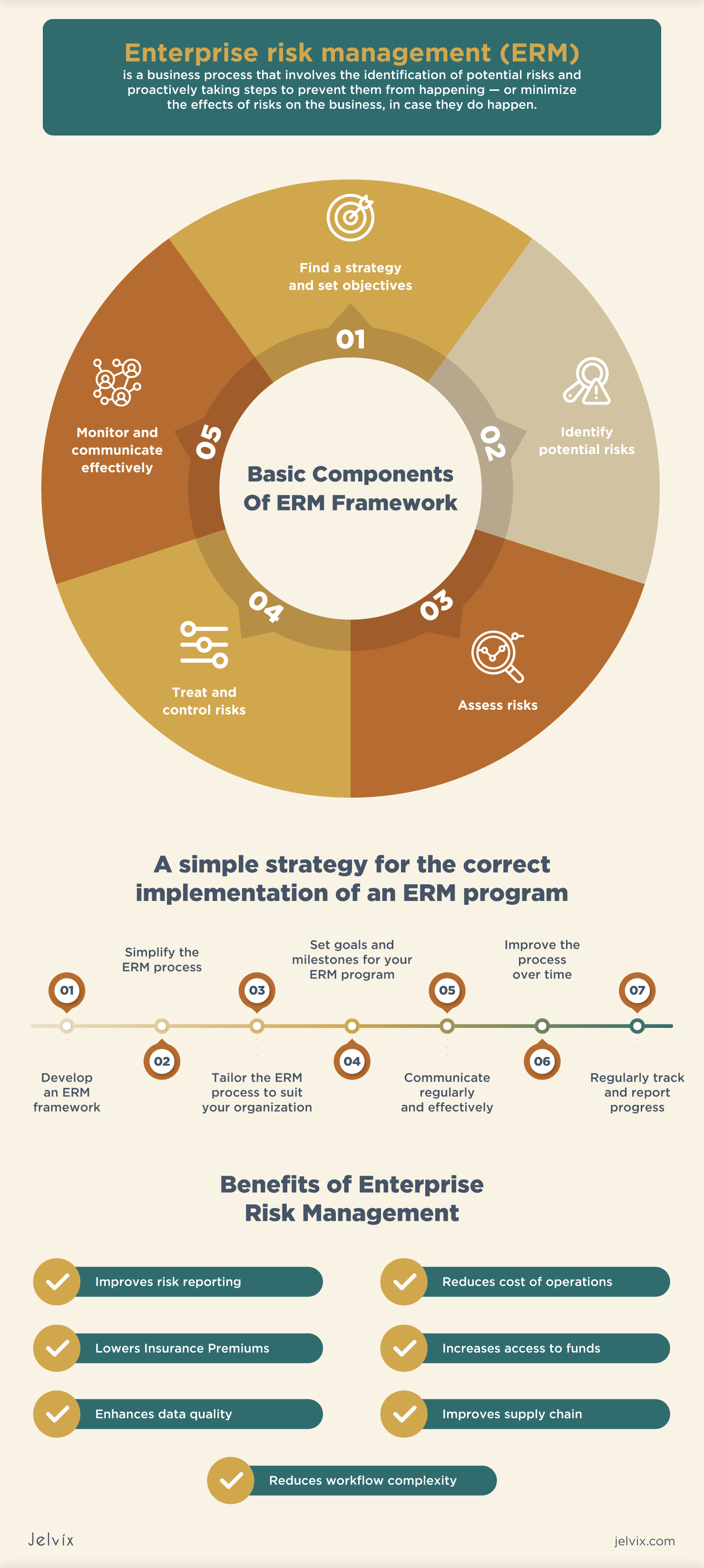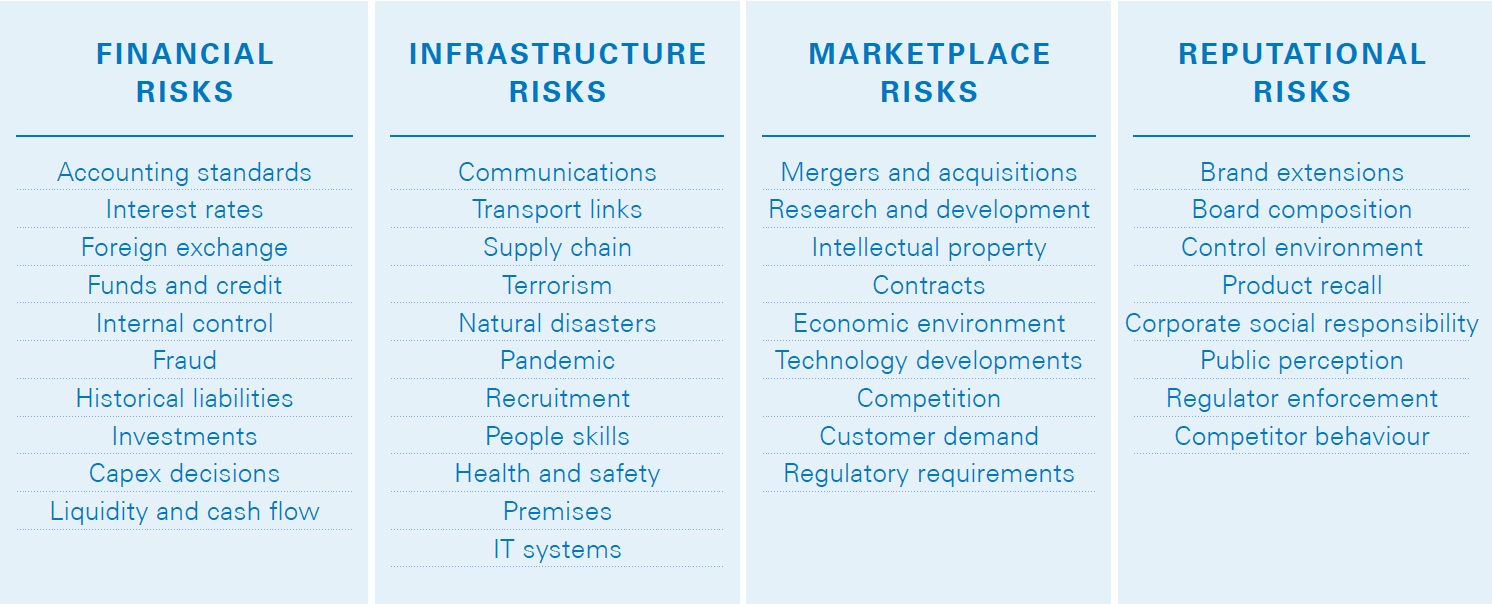Explore the Role of AI in Encouraging Ethics and Honesty to Fight Expert Threats Effectively
The assimilation of AI in organizational frameworks has ended up being crucial in resolving insider threats. By employing sophisticated analytics and real-time surveillance, AI systems can identify variances from ethical habits amongst workers (Insider threats). This aggressive approach not just enhances conformity but likewise cultivates a setting of trust fund. As firms increasingly depend on these innovations, inquiries emerge about their performance and prospective ramifications for workplace culture. What exists in advance in the advancement of AI's duty in promoting stability?
Understanding Expert Threats and Their Effect On Organizations
Organizations usually focus on outside hazards, expert dangers position a substantial danger that can undermine safety and stability. These threats arise from individuals within the company, such as professionals or staff members, who might misuse their accessibility to sensitive details for personal gain or harmful intent. The effect of expert hazards can be extreme, resulting in financial losses, reputational damage, and legal implications.
Factors adding to expert hazards include discontentment with the work environment, absence of oversight, and insufficient worker training on safety methods. Organizations frequently battle to determine these threats, as they can be hard to identify up until considerable damages has taken place. Avoidance methods have to concentrate on fostering a society of depend on and responsibility, along with carrying out durable monitoring and reporting systems. By recognizing and attending to the intricacies of insider risks, companies can improve their security posture and shield their beneficial possessions from internal threats.
The Evolution of AI in Workplace Security
As companies increasingly challenge varied safety obstacles, the combination of expert system (AI) in workplace safety and security has actually advanced significantly. AI applications concentrated primarily on automating fundamental security protocols, such as gain access to control and security. Improvements in maker learning and data analytics have transformed AI into an aggressive device capable of determining prospective dangers and susceptabilities in real-time.
Organizations currently take advantage of AI-driven systems to assess substantial amounts of data, allowing them to discover strange actions that might suggest expert risks. This development has led to the development of advanced algorithms that can gain from historical incidents, improving the system's predictive capabilities. Furthermore, AI tools are increasingly utilized to enhance event action processes, permitting safety and security teams to act quickly and properly.
How AI Monitors Worker Actions for Ethical Conformity
Expert system plays a vital duty in keeping track of staff member habits to ensure honest conformity within organizations. AI systems assess substantial amounts of data produced by staff members, including communications, deals, and accessibility to delicate information. By employing advanced formulas, these systems can identify discrepancies from established ethical standards and company plans.
Artificial intelligence models continuously adapt to acknowledge patterns of habits that could show ethical breaches, such as unapproved data accessibility or unusual transaction activities. Insider threats. Additionally, AI-driven devices can provide real-time informs to monitoring, assisting in prompt treatments when potential risks are discovered
The combination of AI into compliance monitoring not only boosts the company's capability to maintain integrity but likewise fosters a culture of liability amongst workers. By advertising transparency, AI systems offer as a deterrent versus dishonest habits, making certain that employees remain lined up with ethical criteria and organizational values.
Analyzing Patterns: Identifying Risky Actions With AI
A growing number of organizations are leveraging AI to examine patterns that may show risky behavior among workers. By using advanced algorithms, these systems can look via huge amounts of data, determining abnormalities in user habits that could suggest potential expert hazards. As an example, AI can discover unusual gain access to patterns to delicate details, such as workers accessing files outside their typical extent of job or throughout atypical hours. Furthermore, behavioral analytics can highlight frequent changes in a worker's communication design or collaboration behaviors, which may represent underlying problems. This positive strategy makes it possible for organizations to pinpoint threat elements before they intensify right into substantial risks. The assimilation of AI into monitoring methods not just boosts safety and security however likewise promotes a society of accountability and honest habits. By recognizing these patterns, organizations can much better understand the behavioral characteristics within their workforce, ultimately advertising a safer and a lot more moral workplace.
Real-Time Insights: Immediate Responses to Potential Dangers
Real-time understandings with anticipating analytics and automated alert systems play a necessary role in dealing with prospective dangers to principles and integrity. By leveraging these technologies, companies can anticipate dangerous behaviors and respond quickly to alleviate risks. This positive strategy enhances responsibility and promotes a society of honesty in numerous atmospheres.
Predictive Analytics Applications

Automated Alert Solutions
Predictive analytics offers a foundation for organizations to improve their responsiveness to moral concerns with automated alert systems. These systems use real-time data to keep track of tasks, identifying anomalies that may represent potential insider risks. By leveraging device understanding formulas, automated informs can identify patterns of habits that differ established standards, permitting for quick treatment. This immediacy is necessary in mitigating risks connected with underhanded methods. In addition, automated alert systems can streamline communication among relevant stakeholders, making certain that prospective hazards are attended to quickly and properly. As companies significantly count on AI-driven services, the combination of automated sharp systems will certainly play a crucial duty in fostering a culture of ethics and stability, eventually securing organizational properties.
Promoting a Society of Count On Through AI-Driven Transparency
AI-driven transparency can greatly improve count on within organizations by advertising accountability and open interaction. With real-time tracking services, stakeholders can gain understandings right into procedures and decision-making, fostering a society of stability. Data-driven decision-making additionally supports this openness, allowing informed options that straighten with honest criteria.
Enhancing Transparency and Responsibility
Just how can organizations successfully promote a culture of trust fund? By boosting openness and accountability with the critical use of man-made intelligence. AI can help companies systematically track decision-making processes, guaranteeing that actions straighten with recognized honest requirements. This openness allows employees to see the reasoning behind choices and policies, decreasing obscurity and promoting a feeling of justness. Furthermore, AI-driven devices can assist in clear communication concerning responsibilities and expectations, encouraging individuals to take possession of their activities. As liability becomes deep-rooted in the business society, staff members are a lot more likely to involve in honest habits, knowing their activities are checked and evaluated. Inevitably, this technique grows an environment where trust can flourish, substantially alleviating the risk of insider dangers.
Real-Time Monitoring Solutions
As organizations progressively look for to cultivate a society of count on, real-time tracking options become an essential tool in improving transparency. These AI-driven systems continuously track tasks, offering understandings right into user habits and possible anomalies that might show expert hazards. By applying such monitoring remedies, organizations can proactively recognize risks, ensuring timely feedbacks to suspicious activities. This not only safeguards sensitive info yet also strengthens a commitment to honest practices. The transparent nature of real-time surveillance assists develop worker confidence, as individuals are mindful that their activities are being observed for the greater good. Eventually, these solutions offer to grow a workplace environment grounded in trust, responsibility, and moral integrity, necessary for mitigating expert hazards efficiently.

Data-Driven Decision Making
Real-time surveillance solutions prepared for data-driven decision making, which greatly boosts organizational openness. By leveraging AI modern technologies, companies can examine substantial quantities of information to identify anomalies and patterns a measure of prospective insider hazards. This analytical method makes it possible for stakeholders to make informed decisions grounded in empirical evidence, fostering a culture of depend on among employees. Openness in visit here decision-making procedures, reinforced by AI-driven understandings, encourages responsibility and moral behavior. In addition, it enables companies to proactively attend to susceptabilities, guaranteeing that activities click over here now taken are justified and interacted clearly. As a result, the application of data-driven techniques not only alleviates threats connected with insider hazards however likewise reinforces the worths of stability and honest conduct within the organizational structure.
Future Fads: The Role of AI in Enhancing Office Ethics
While organizations significantly transform to man-made intelligence for functional effectiveness, the capacity of AI to enhance workplace values is gaining importance. Future fads show that AI will certainly play a crucial function in creating ethical frameworks and guidelines, enabling companies to browse intricate ethical dilemmas. By evaluating vast quantities of data, AI can determine patterns of underhanded behavior and give understandings that promote transparency and responsibility.
AI-driven tools can assist in real-time monitoring of staff member communications, assuring adherence to ethical standards. This proactive technique not just mitigates expert threats however additionally grows a culture of stability. As organizations embrace AI innovations, they need to additionally prioritize ethical programs and algorithmic bias reduction to ensure justness.
In this evolving landscape, the integration of AI in moral techniques stands for a transformative shift, promoting a setting where honesty is not merely expected but systematically strengthened.
Frequently Asked Inquiries
How Does AI Differentiate In Between Benign and Malicious Actions?
AI sets apart in between destructive and benign activities by analyzing patterns in user habits, using artificial intelligence algorithms to identify abnormalities, and evaluating contextual data to determine whether actions line up with recognized norms or display potential threats.
Can AI Equipment Replace Human Being Judgment in Ethical Decision-Making?
AI tools can not fully change human judgment in ethical decision-making. While they can assess data and identify patterns, the nuanced understanding of context, worths, and moral ramifications still calls for human understanding and discernment.
What Are the Privacy Ramifications of AI Keeping An Eye On Worker Habits?

Exactly How Can Organizations Make Certain AI Algorithms Are Fairly Made?
Organizations can guarantee AI formulas are morally created by applying clear growth processes, entailing varied stakeholders, conducting routine audits, and adhering Visit Website to well established moral structures that focus on fairness, liability, and respect for customer privacy and legal rights.
What Training Is Needed for Personnel to Understand Ai's Honest Role?
Team training ought to incorporate fundamental AI ethics, information privacy, and predisposition awareness. Workshops, study, and interactive sessions can boost understanding, making certain employees acknowledge AI's ethical effects and its duty in cultivating integrity within the company.
Artificial intelligence plays a crucial function in monitoring employee behavior to assure moral conformity within companies. The assimilation of AI into checking methods not only enhances protection yet likewise cultivates a society of responsibility and moral actions. While organizations increasingly deal with moral predicaments and potential integrity breaches, anticipating analytics applications provide prompt understandings that can assist reduce these risks. Predictive analytics gives a foundation for companies to improve their responsiveness to ethical issues through automated sharp systems. Future patterns show that AI will play a vital role in establishing honest frameworks and standards, enabling companies to browse intricate moral issues.